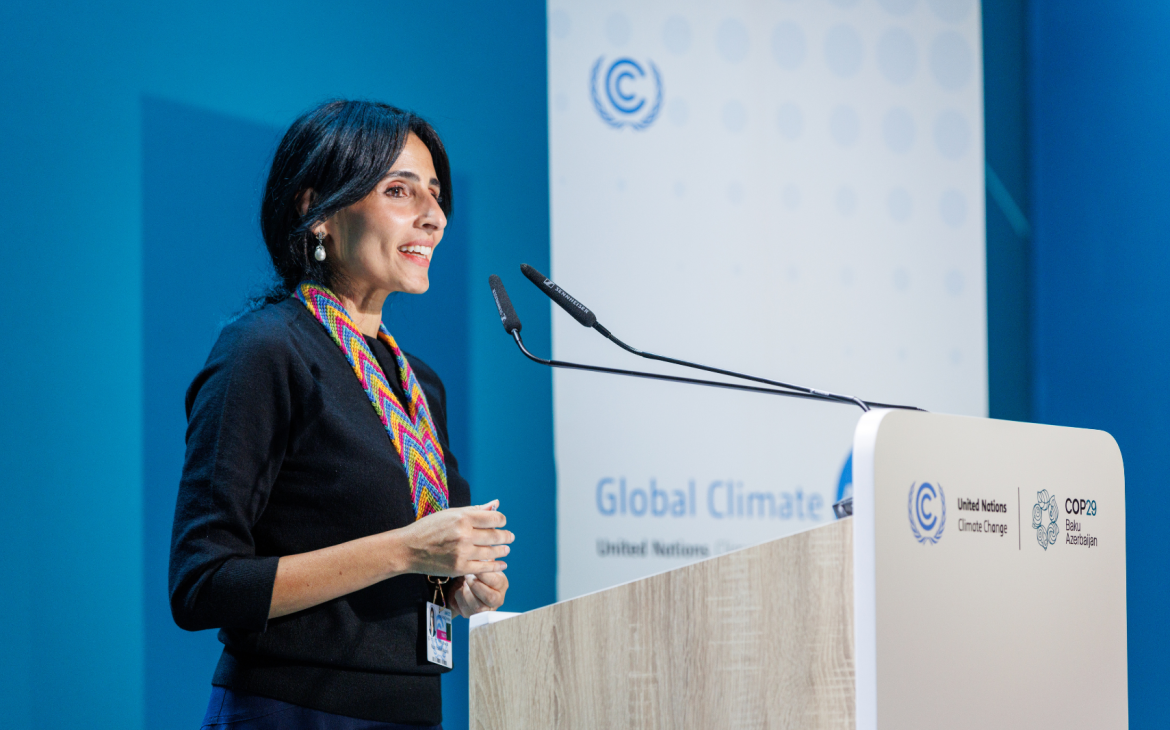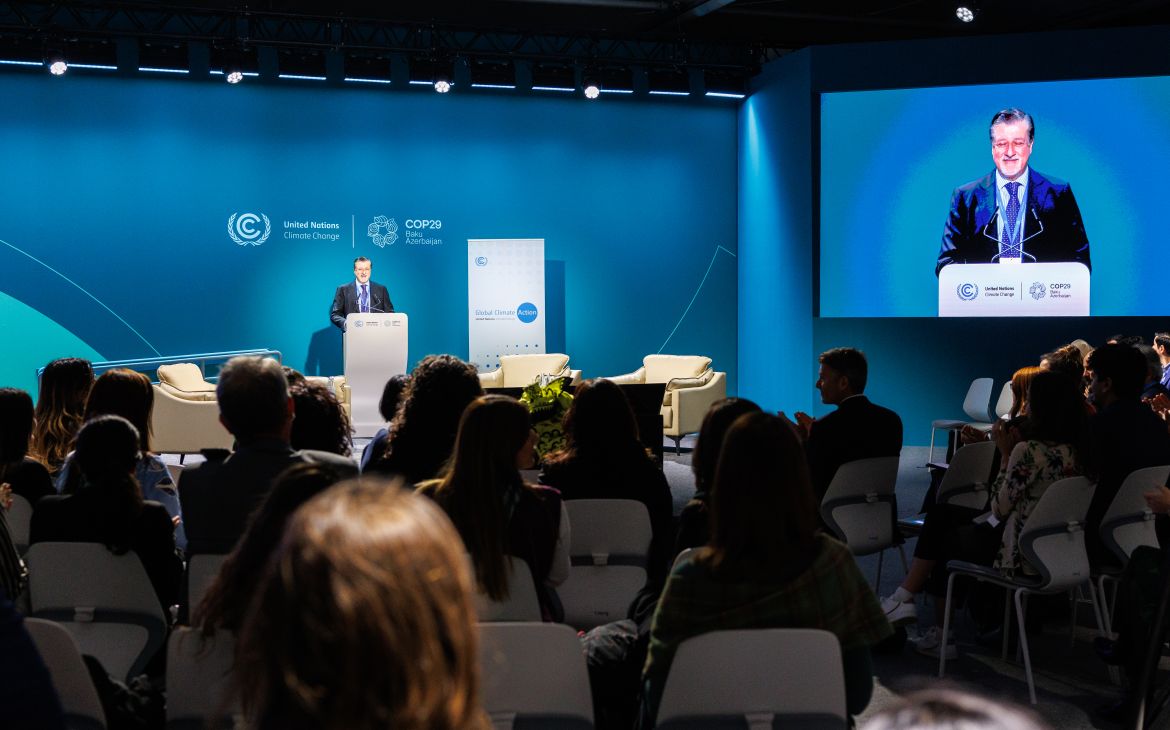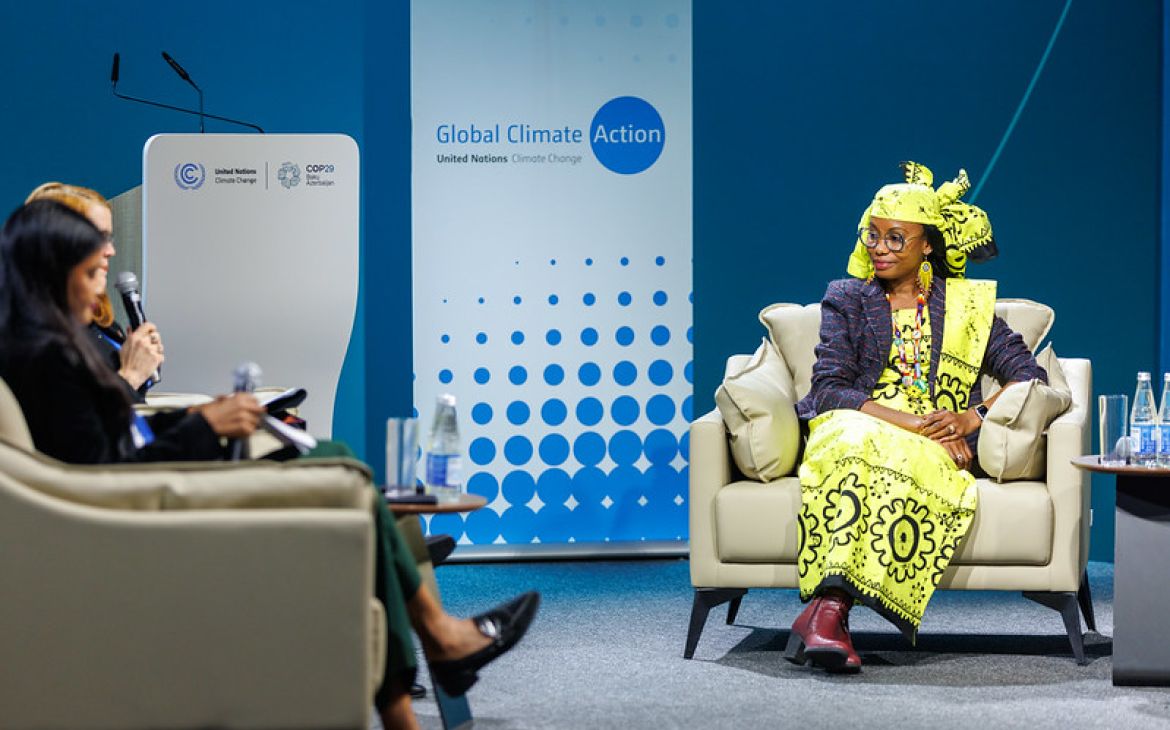Climate change negotiations represent a crucial dimension of 21st-century diplomacy and global governance. As negotiations become increasingly complex due to the variety of stakeholders, competing national interests, and evolving scientific findings, there is a growing demand for practical knowledge and skills. Many negotiators often face challenges navigating the negotiation process at climate forums, especially ahead of major events like the Conference of the Parties (COPs).
This course will build participants' understanding of the international climate change negotiation process under the UNFCCC and related frameworks. It combines theoretical modules with practical exercises, aiming to prepare participants for real-world negotiation environments. The course particularly targets individuals preparing for upcoming negotiations, providing the knowledge, tools, and practice needed to navigate climate diplomacy effectively.
Overview - Key Information
Start date: 14 September 2026
End date: 11 October 2026
Registration deadline: 14 September 2026
Mode of delivery: E-learning
Location: Web-based
Language: English
Fee: 600 USD
Learning objectives
At the end of the course, participants should be able to:
Explain the UNFCCC, the Kyoto Protocol and the Paris Agreement key milestones;
Appraise the key political, legal and institutional foundations of international climate negotiations;
Describe the structure and negotiation dynamics of COP processes, both in informal and formal groups;
Identify and apply strategies and skills aimed at negotiating effectively on behalf of a delegation, including trade-offs and bargaining tactics;
Identify key elements to deliver compelling statements and interventions.
Content and Structure
Module 1: Climate Change Multilateralism
Lesson 1: The Need for a Multilateral Climate Change Regime
Lesson 2: Main Stepping-Stones in Climate Change Negotiations
Module 2: Introduction to Climate Change Diplomacy
Lesson 1: Institutional Arrangements and Procedural Aspects
Lesson 2: Climate Change Decision Making
Module 3: Negotiation Practice and Strategy. Session 1
Lesson 1: Negotiation Skills and Strategies. Informal groups.
Negotiation Exercise 1: NDCs and Just Transition
Module 4: Negotiation Practice and Strategy. Session 2
Lesson 1: Negotiation Skills and Strategies. Formal groups.
Negotiation Exercise 2: Human Rights and Indigenous Peoples
Target Audience
This course is designed for government officials and diplomats preparing for international climate change negotiations, as well as staff from intergovernmental and non-governmental organizations working in related fields. It is also open to youth representatives, civil society actors, and professionals engaged in climate advocacy, along with students and early-career specialists who have an interest in climate policy and international diplomacy.
The course welcomes a diverse range of participants who are looking to strengthen their practical negotiation skills and deepen their understanding of climate negotiation.




